Fellowship Digital Resources
.svg)

What does it mean to be human image-bearers?
Dr. Ryan Tafilowski, assistant professor of theology and chair of the Theology Department at Denver Seminary, and Brian Gray, VP of Formation and 5380 Fellowship Direct at Denver Institute, discuss what it means to be human. God made every human as a bearer of God’s image. What are the personal implications then regarding human dignity and respect for people within your work?
Discover More→
A Brief History of Retirement
Most people in Western culture maintain dreams of retirement that include leisurely slowing and financial independence from work. But we rarely question these assumptions of the good life and the “deformative liturgies” that support them (to use the ideas from our previous James K.A. Smith article). Are retirement narratives elitist? Accessible? Entitled? Biblical? Brian Gray is the director of the 5280 Fellowship and VP of Formation at Denver Institute for Faith & Work. In this 10-minute talk video, he shares seven historical snapshots that have built the relatively recent assumptions behind retirement in America
Discover More→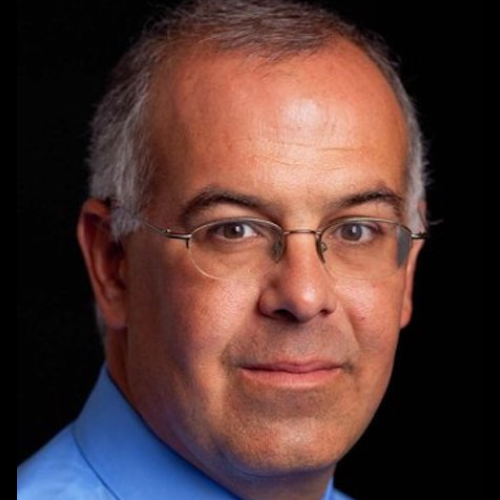
David Brooks How to Be Religious in the Public Square
This is a speech given by New York Times writer David Brooks to The Gathering – a learning community for Christian philanthropists. In the religiously pluralist and relativist culture of today, David Brooks offers his perspective to a group of Christians on how they can serve culture while remaining committed to their religious presence in the public square. After noting the “religious experiences” of those in the secular world, he suggests ways that Christians create walls and can offer ramps to broader culture. We want to read and discuss this because it offers insights from a fair perspective from outside of Evangelicalism, even if there are places where we will have theological differences with his perspective.
Discover More→
Spiritual Discipline of Simplicity
If you first want to understand and consider simplicity more deeply before engaging with the practices listed in the reader, consider this three-part video series by Richard Foster, the author of Celebration of Discipline.
Discover More→
“Object Anyway” - The More Perfect podcast
Jad Abumrad is the executive producer and host of the Radiolab podcast and the More Perfect podcast. More Perfect explores how famous cases deliberated inside the Supreme Court affect our everyday lives. Sean Rameswaram reported on this episode which tells the tragic story of James Batson, a black man accused of violent crime. In his 1982 trial, the prosecution eliminated all the black jurors from the jury pool in order to make their conviction more likely – this was considered standard practice by many at the time. Batson objected, setting off a complicated discussion about jury selection that would make its way to the Supreme Court. The Court decided for Batson in this case, but as a complicating factor, the Batson decision may have made the problem worse. This is a fascinating and frustrating look at one of the many instances of racism in criminal justice. Listener warning – it briefly includes coarse language.
Discover More→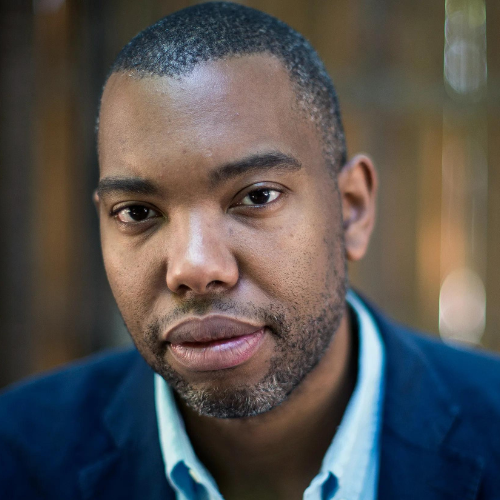
“The Case for Reparations” Ta-Nehisi Coates
Ta-Nehisi Coates wrote Between the World and Me and We Were Eight Years in Power, and was formerly a senior editor with The Atlantic. In 2014, he wrote the widely read article, “The Case for Reparations,” which took him almost two years to write. It is a hard, important, and even controversial piece. If you don’t know some of the historical ideas or terms he refers to, look them up and learn. Coates is an atheist, so his writing is not theologically driven. But he strongly addresses correctives to systemic racial injustice propagated through bank lending and real-estate practices known as redlining. His argument for reparations is provocative and challenging. Start by listening to the Soundcloud reading of the article, though the online article is worth rereading for the images and for further consideration.
Discover More→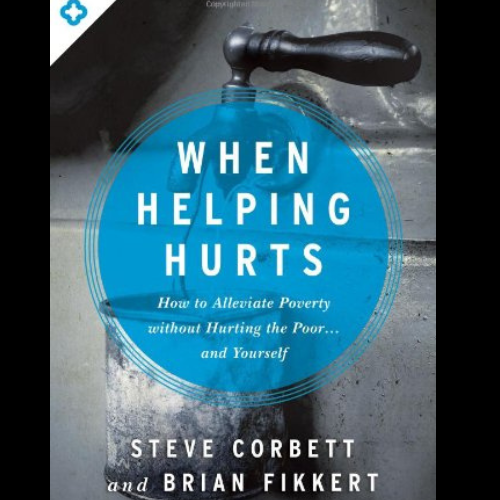
When Helping Hurts by Steve Corbett and Brian Fikkert
The subtitle of this book is an apt summary and captures our motivation in reading the chapters below: When Helping Hurts: How to Alleviate Poverty without Hurting the Poor... and Yourself. We focus here on understanding some foundational ideas about poverty and poverty alleviation. Corbett and Fikkert weave a Christian worldview with practiced wisdom from the work of the Christian Community Development Association. To help the move from information to personal engagement, they have included a pre-chapter exercise and post-chapter reflection questions which are fantastic.
Discover More→
Building a Workplace Where Men and Women Thrive by Denise Daniels
Women face a number of workplace equity issues that Christians can better understand and address as part of Christian mission and justice through our work. Denise Daniels is the Hudson T. Harrison Professor of Entrepreneurship at Wheaton College. She gave the talk “Building a Workplace Where Men and Women Thrive” at a Business for the Common Good conference in Denver. Katelyn Beaty is an editor, writer, and speaker, and the author of A Woman’s Place: A Christian Vision for Your Calling in the Office, the Home, and the World. She addresses some of the unique challenges facing professional women and ways that Christians can faithfully respond.
Discover More→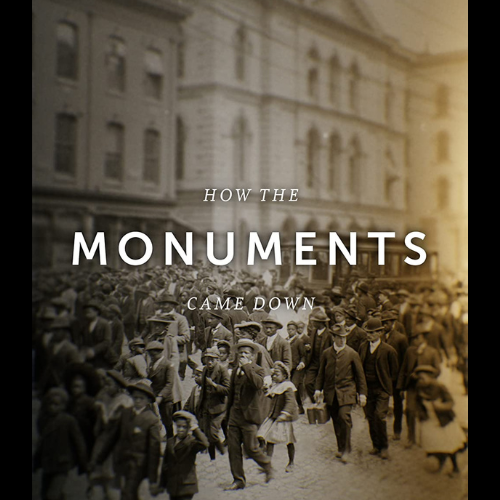
How the Monuments came down (video)
How the Monuments Came Down is a film that explores historical racial injustice in Richmond. Thematically, the film explores Richmond’s history through the lens of the monuments – looking the ways that slavery, emancipation and Jim Crow shaped today’s landscape. The film features a variety of voices, including “history-makers, descendants, scholars, and activists.” The film is about 90 minutes long and serves as a helpful – albeit sobering – perspective about our shared history in Richmond.
Discover More→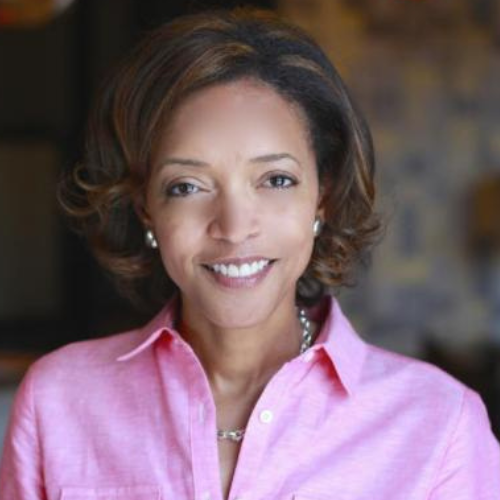
Educational Equity: A Faithful Perspective by Nicole Baker Fulgham
Nicole Baker Fulgham is the founder of the Expectations Project – an organization that mobilizes faith communities across America to demand excellent public schools for all of God’s children by educating, coaching, and developing a long-term change agenda. Fulgham gave this 2013 talk to the Center for Faith and Work at Redeemer Church in NYC. Through stories and statistics, her talk sheds light on 1) the educational gaps that exist in our country 2) some possible reasons for why they exist and 3) why people of faith should care and how we might respond.
Discover More→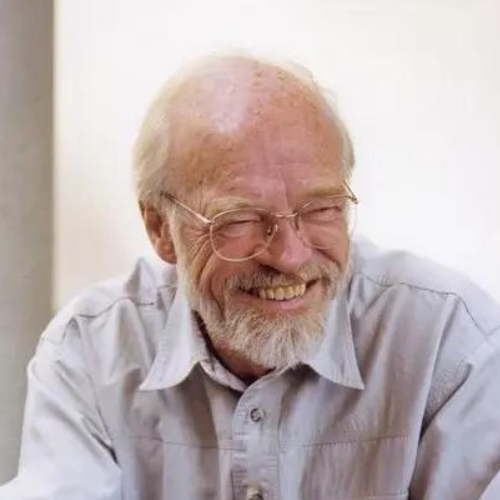
Eugene Peterson and Sabbath
Watch this brief video reflection from Eugene Peterson on the Sabbath to help frame the practice.
Discover More→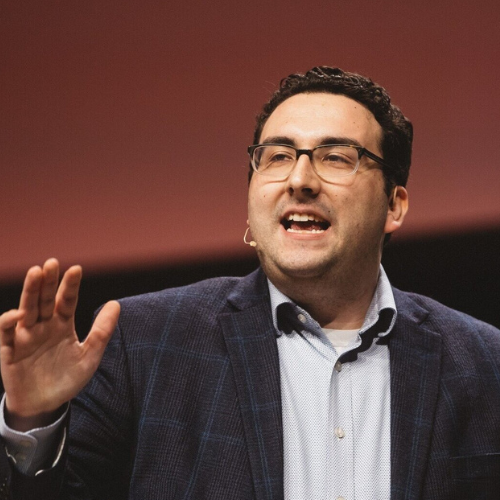
Rising Above Partisanship by Michael Wear
Michael Wear is a leading strategist and practitioner at the intersection of faith, politics and public life. He served as the Chief Strategist and member of the Executive Team for the And Campaign. Wear has written regularly about local politics, driven by a deeply Christian conviction that politics can be a forum for loving your neighbor. Wear gave this 10-minute talk at Q, a Christian thought leadership conference. His central point is that many people go to politics to meet needs that it was not intended to meet. He says that Christians should “stop looking to politics for hope and start carrying Kingdom hope into politics out of love for God and the good of their neighbors.”
Discover More→
Land Use Lenses - Jack Tuttle Interview
Jack Tuttle is the retired City Manager of Williamsburg, Virginia. In a world where real estate development is steady and constant, Tuttle offers a helpful framework – along with his experience – to help us consider land use and development from a Biblical perspective. During this 30-minute interview, Tuttle explains the importance of considering the physical, social and economic factors for development, providing a Biblical foundation for each.
Discover More→.svg)


.svg)